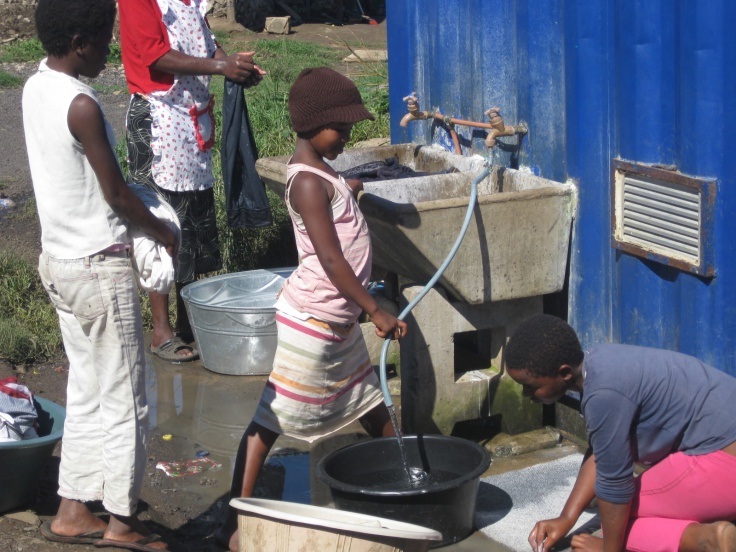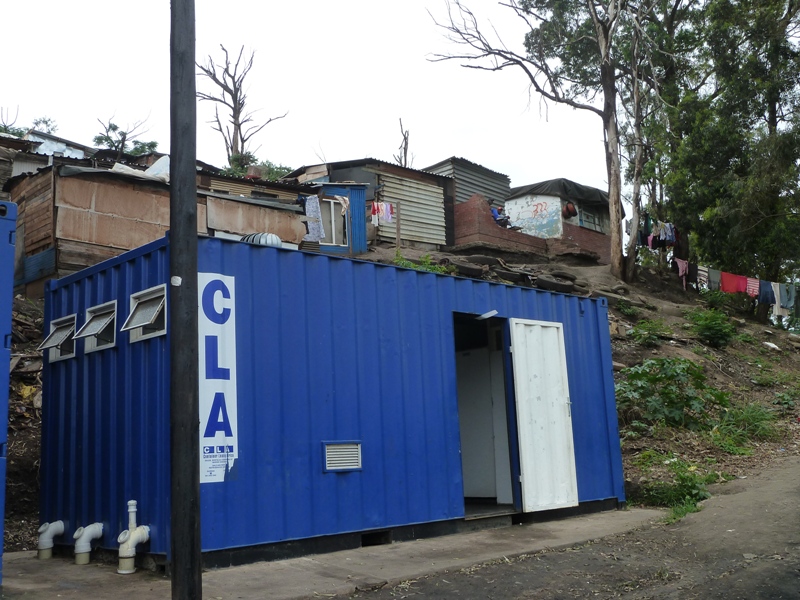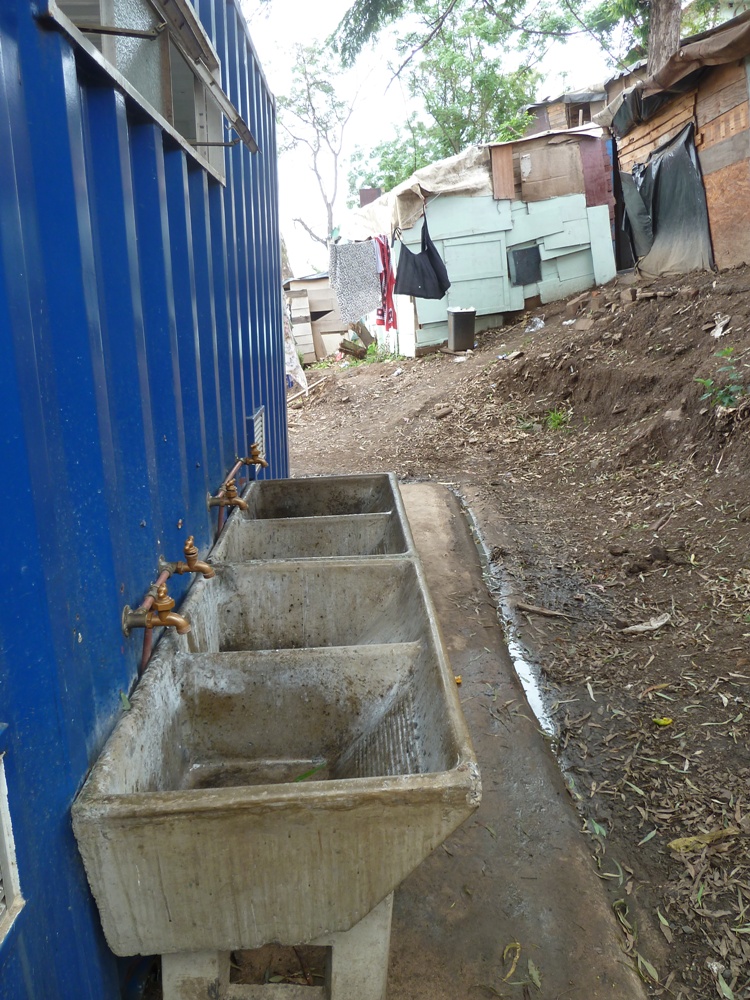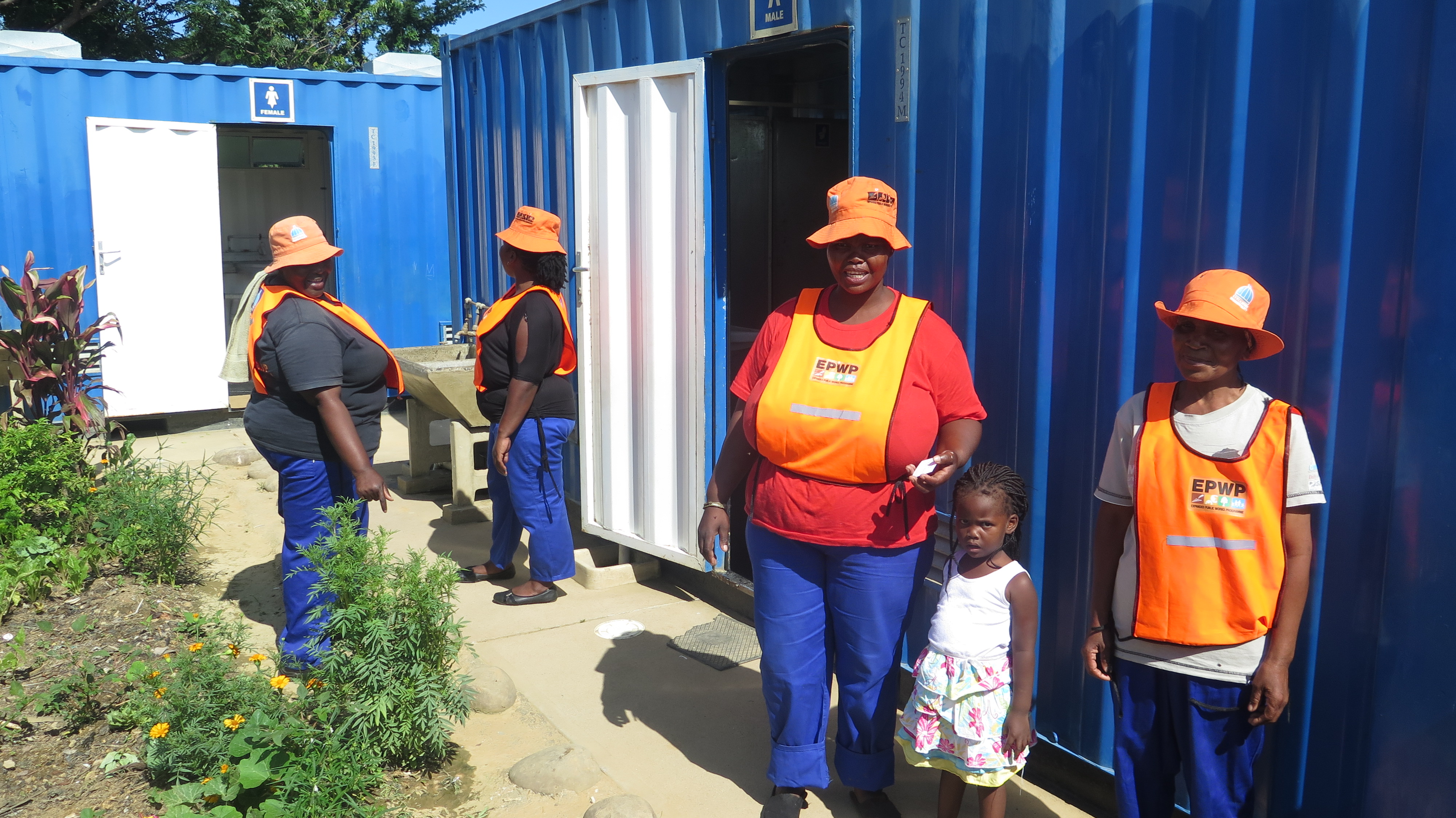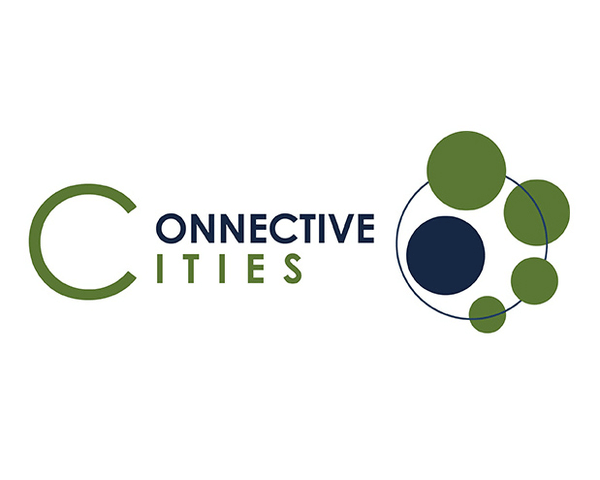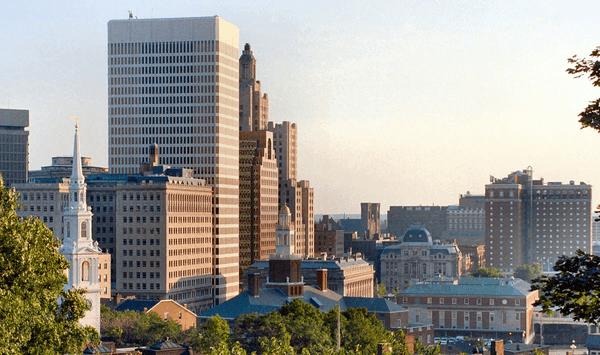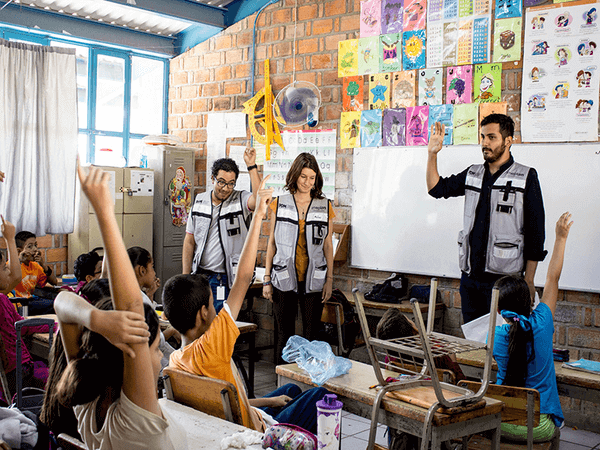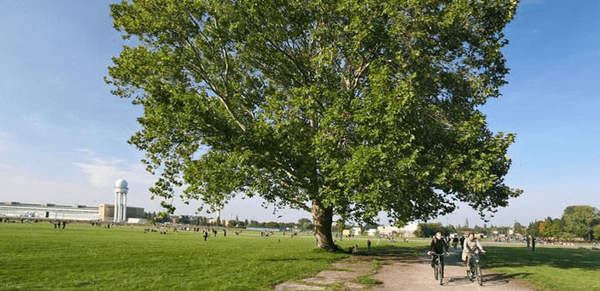City
Durban
Main actors
City Government, NGO / Philanthropy
Project area
Metropolitan Area
Duration
Ongoing since 2004
In 2004, the municipality initiated the community ablution blocks (CABs) programme to provide communal water and sanitation facilities to un-served informal settlements in the urban and peri-urban areas of eThekwini.
Challenged to provide water and sanitation services to the approximately 1 million people living in informal settlements, the eThekwini municipality’s Housing, Architecture, Health, and Water and Sanitation Departments jointly came up with the Communal Ablution Blocks concept. NGOs (Africa Ahead & Key of Hope) have trained and facilitated interaction with local residents.
The Communal Ablution Blocks (CABs) programme has two objectives: to provide sanitation and water services as well as skills training and job opportunities to the residents of informal settlements. Because the area is also a site for the formal re-housing programme the solution had to be of temporary nature until residents are relocated to fully serviced houses. In order not to lose assets the CABs are mobile, so that when the community is moved to formal housing the CABs can be relocated to another informal settlement.
EThekwini Municipality remains dedicated to the roll-out of water provision and ablution facilities to identified informal settlements as well as schools in the city and has budget funds committed until 2019.
Originally published by the International Community of Practice for Sustainable Urban Development CONNECTIVE CITIES: https://www.connective-cities.net/en/good-practice-details/gutepraktik/ethekwini-communal-ablution-blocks-for-informal-settlements/
External links / documents
On Map
The Map will be displayed after accepting cookie policy
